
"When I told the doctor I was treated for SARS, he said 'that's why'," Fang said.
Fang has read a description of Sou-Medrol, the hormone drug he was dosed with while being treated. The description lists more than 30 adverse reactions, including osteoporosis, osteonecrosis, high blood pressure and mental disorders.
"Even normal doses cause many potential hazards," said Fang, who was given 10 to 15 times the normal dose to bring down his persistent high fever.
More than 2,500 people in Beijing were diagnosed with SARS in the spring of 2003, of whom 2,280 recovered and nearly 200 died. Most of the critical patients received large doses of Sou-Medrol, which was the only way to relieve their high fevers and save their lives.
Fang was diagnosed with severe osteonecrosis in both thighbones in January 2004 and received two replacement surgeries from December 2005 to February 2006.
But the treatment did not promise long-lasting effects. "The material used for the replacement lasts only 15 years, by the end of which time I will need another surgery," he said.
Worse still, his osteonecrosis is systemic. Even before his thighbones were properly treated, the pain in his shoulders had become unbearable, followed by his knees, elbows and wrists.
"The pain is constant and I have to rely on painkillers. My doctor says it's a 'cancer that does not kill' and will torture me for the rest of my life."
SACRIFICE FOR NOTHING?
In 2004, pain and staggering medical bills forced Fang to group with more than 100 other SARS survivors in Beijing to seek government support. They wrote many letters to local health authorities and other government agencies to voice their grievances.
Their efforts yielded some positive results, including free joint replacement surgery and free medication for bone and lung disease starting in 2005. In 2008, depression and other psychological illnesses became free to treat for the survivors.
Fang said SARS caused serious sequelaes in 156 survivors in Beijing, four of whom died over the past decade. About 130 became disabled.
The figure was confirmed by the Beijing Federation for the Disabled, but it does not include medical workers who were infected on the job.



Latest development of H7N9 in China[Special]

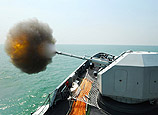
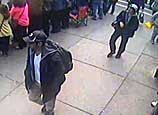
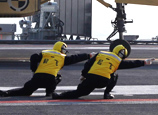
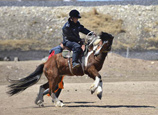
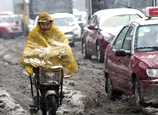
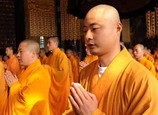

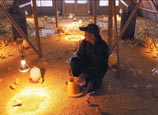
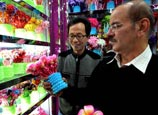






 Snowfall hits Taiyuan, N China
Snowfall hits Taiyuan, N China


![]()
